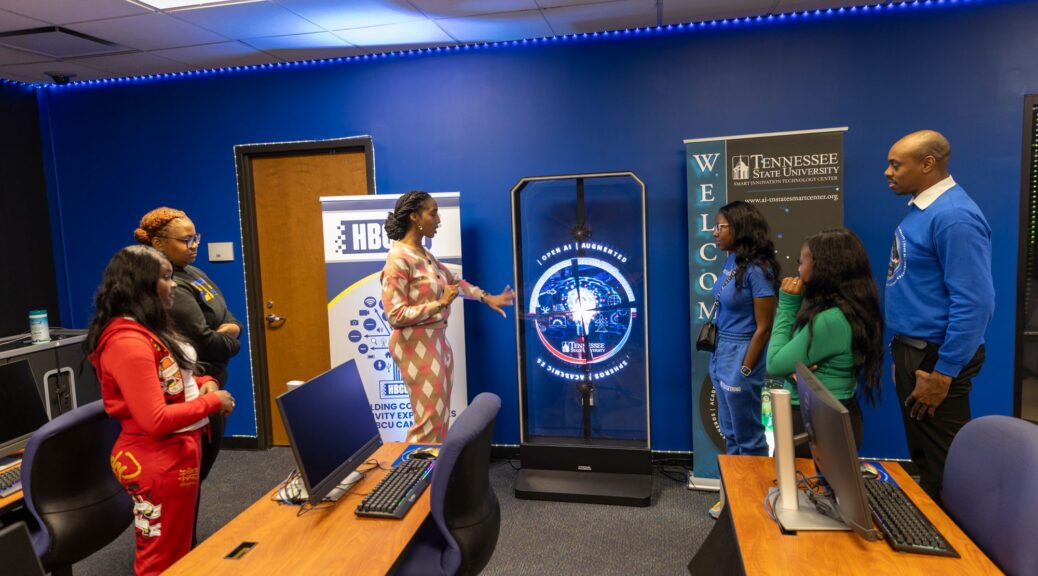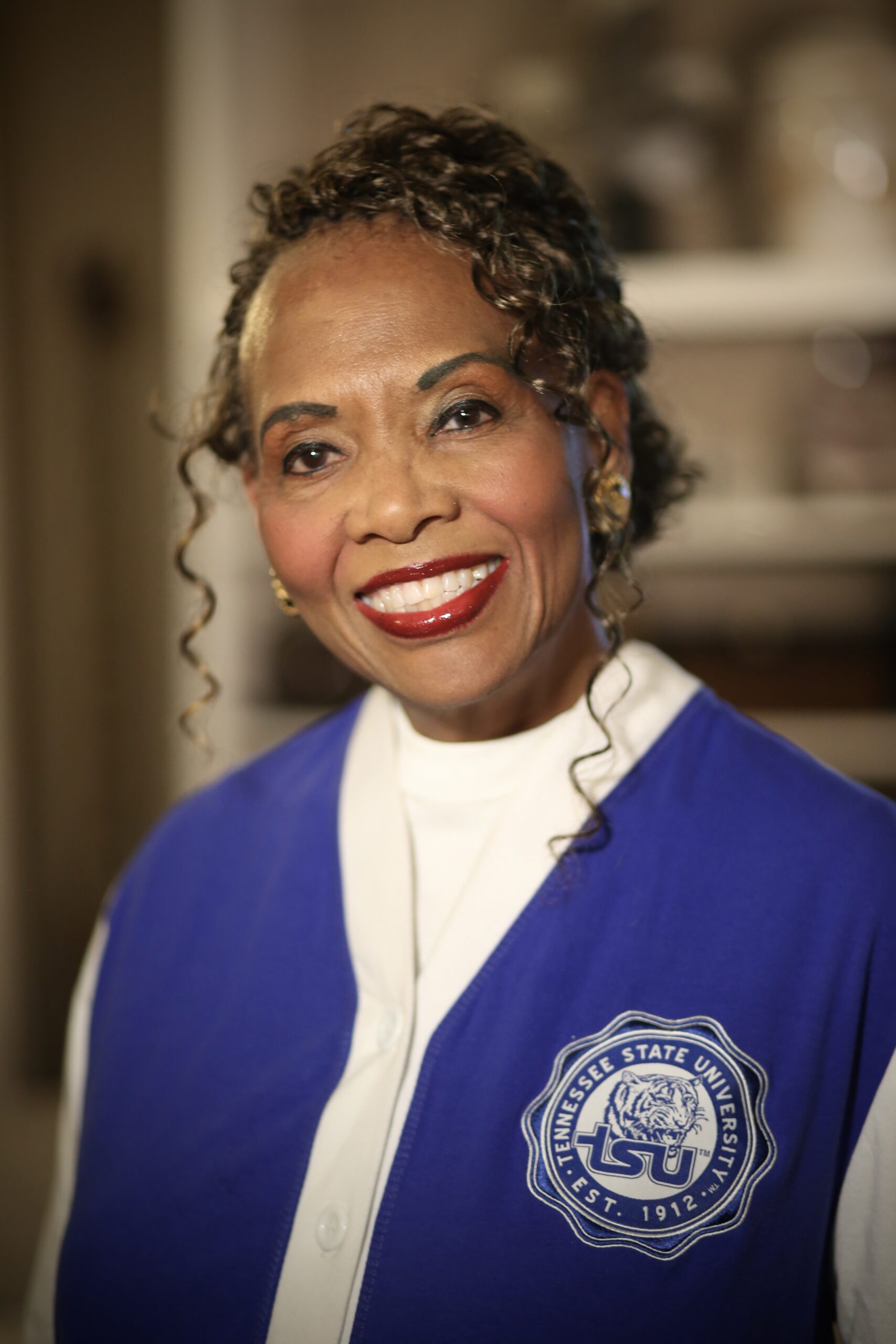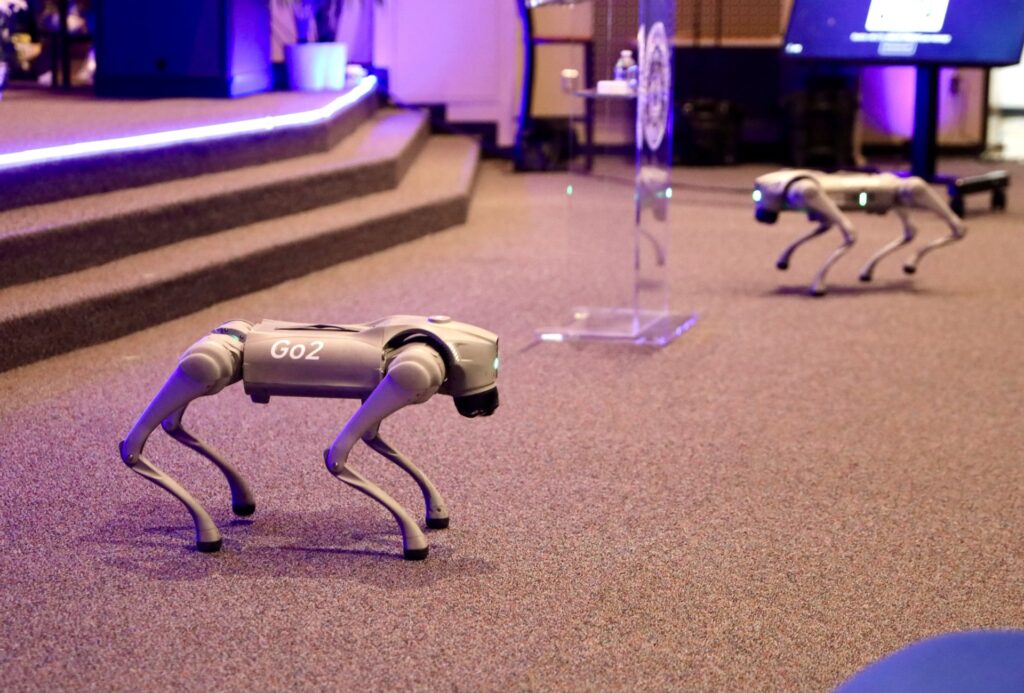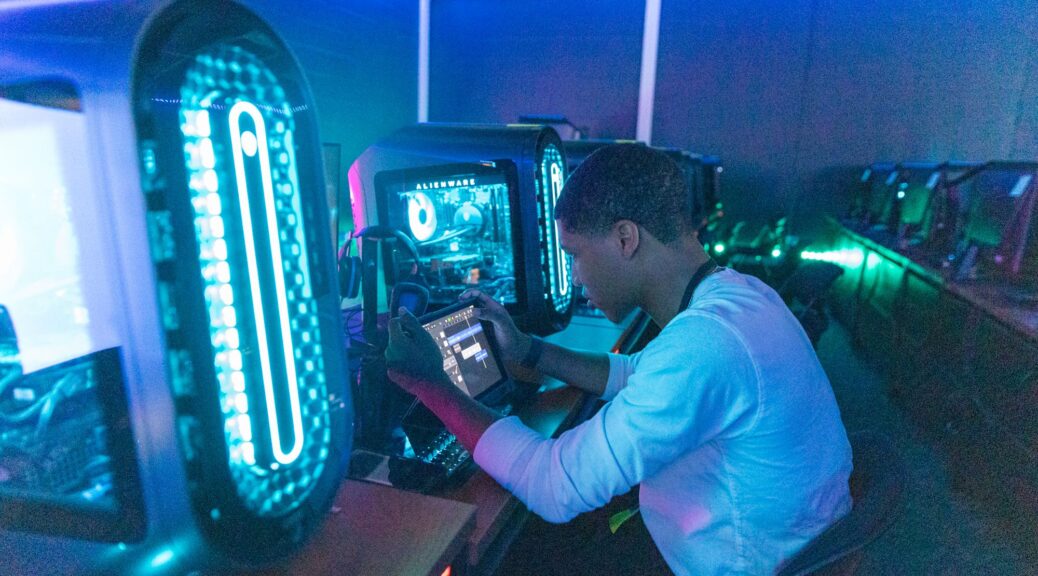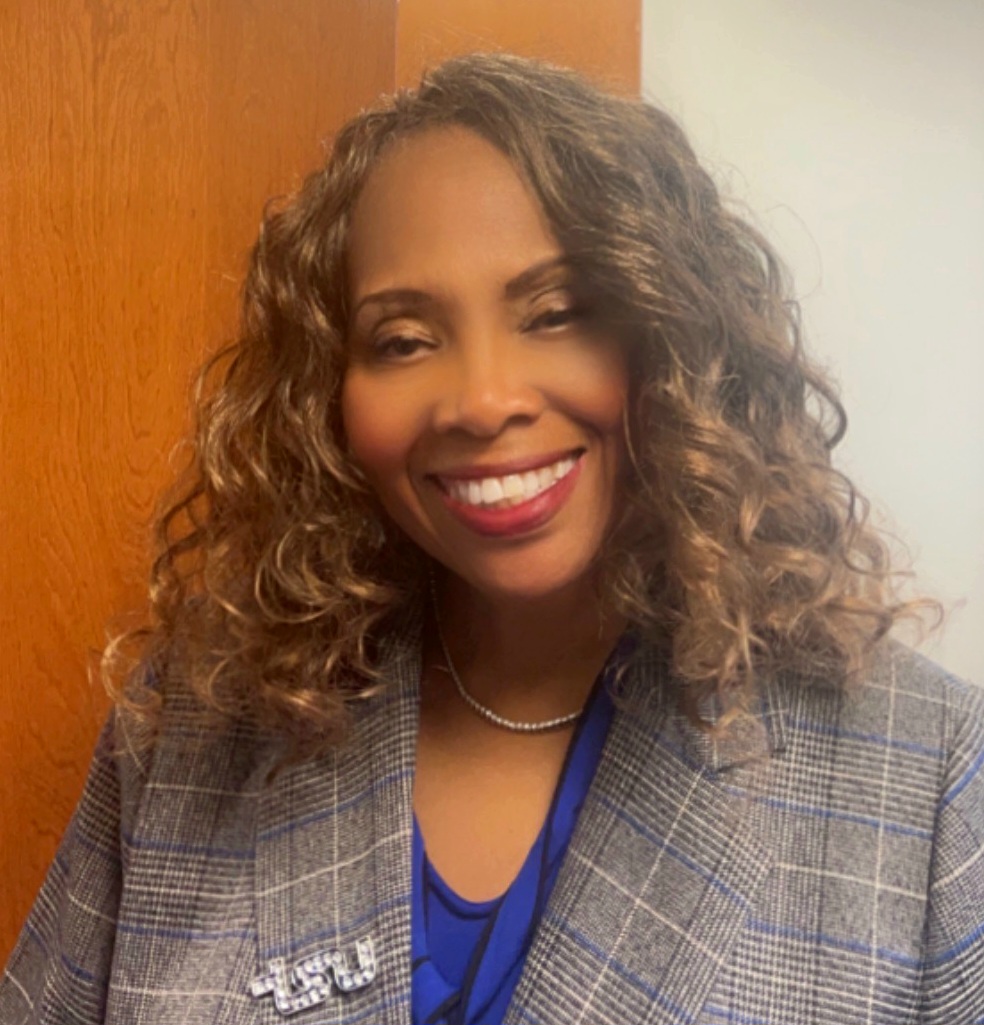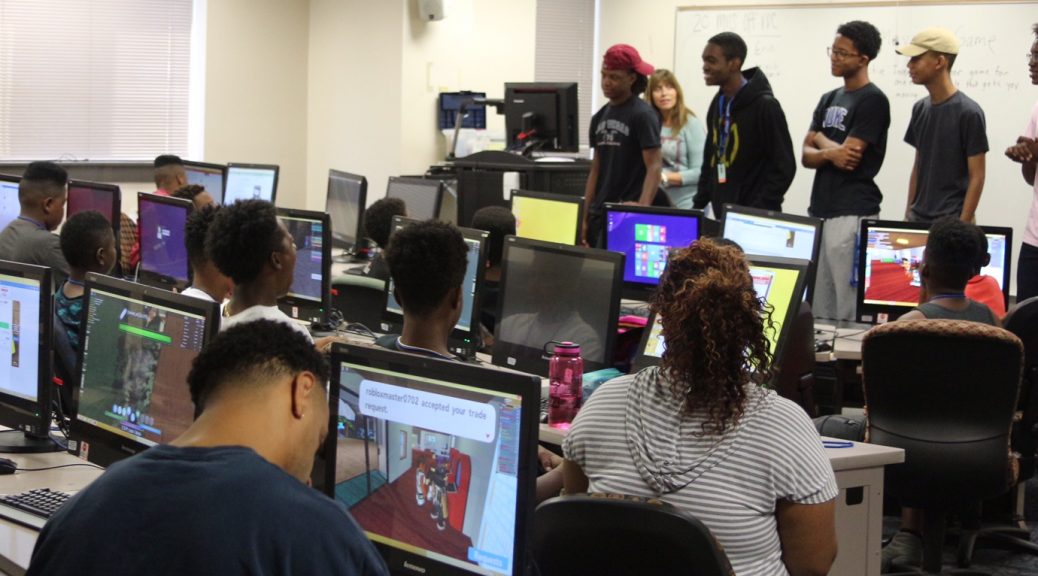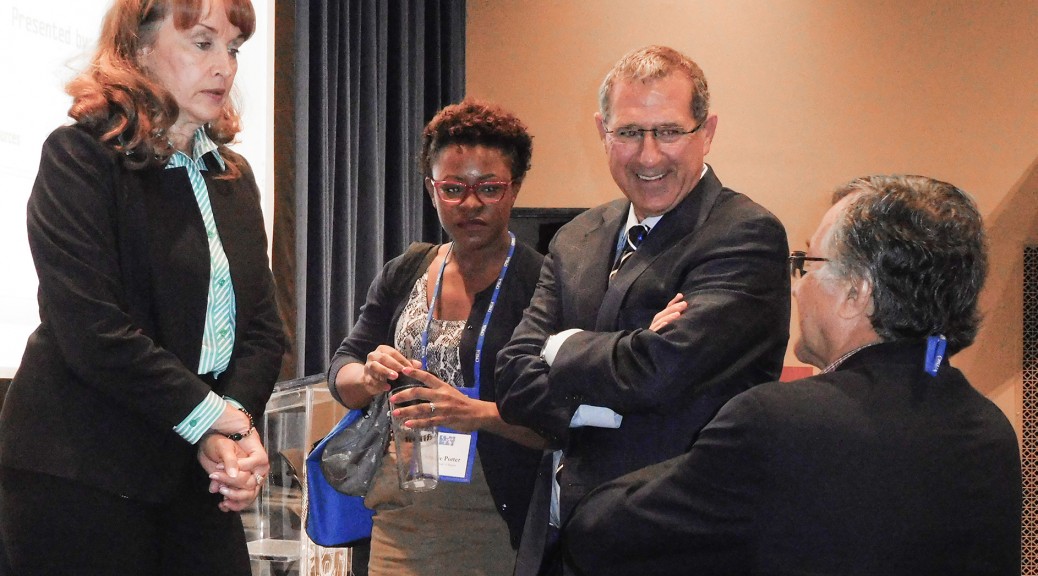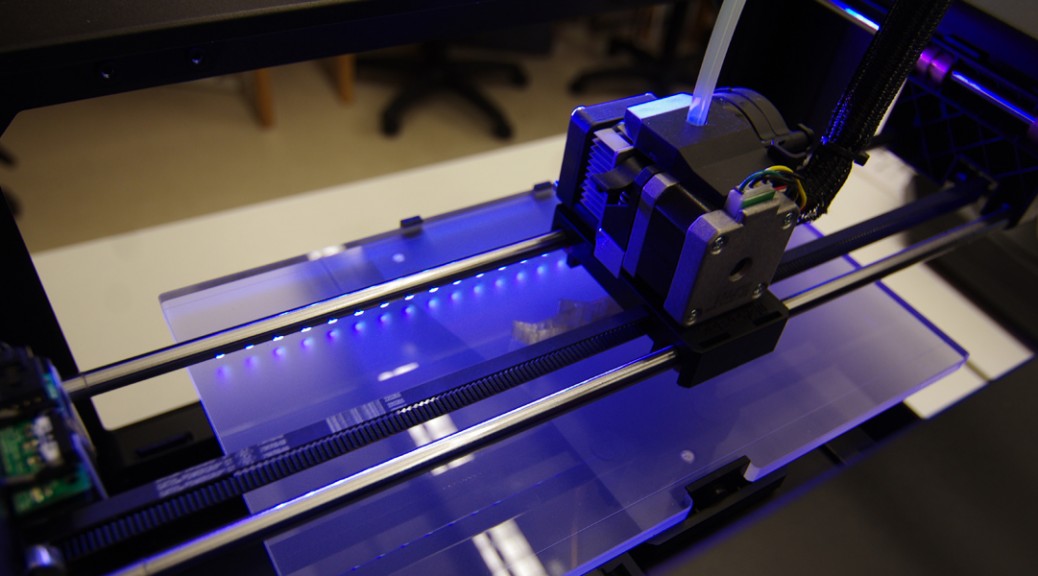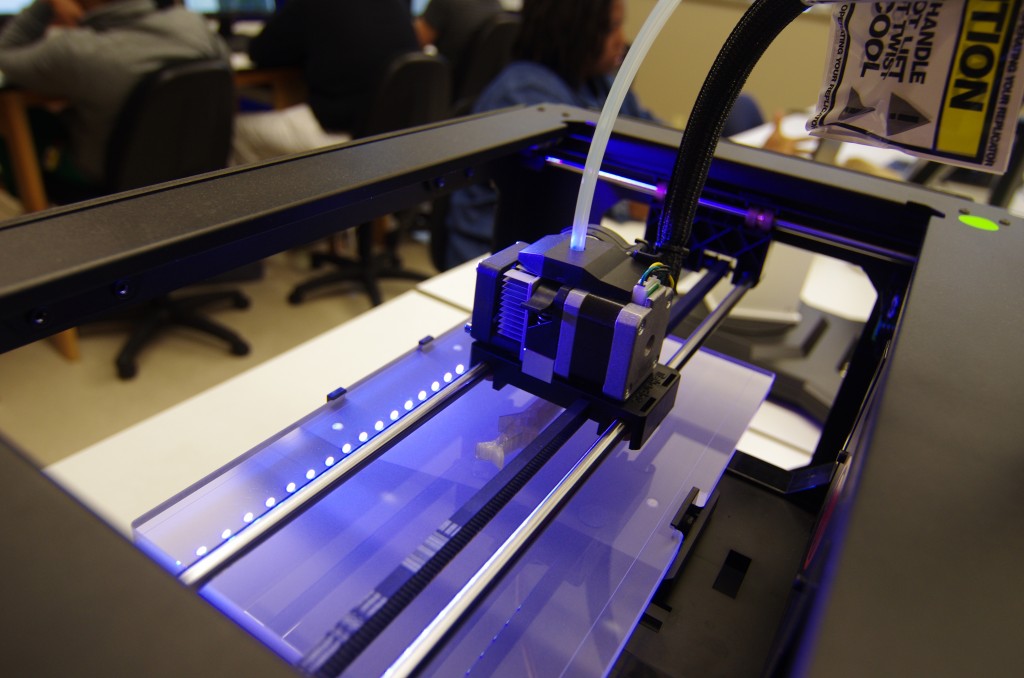NASHVILLE, Tenn. (TSU News Service) – The world of artificial intelligence (AI) continues to evolve rapidly, with new discoveries affecting everyday life. When you step into the Tennessee State University SMART AI for All Research Center, you can experience some of these discoveries with the push of a button or by voice command. Touring the SMART Center feels like stepping into a sci-fi novel, but it is all real, from Blue, the AI robotic dog roaming the hallways, to the e-sports gaming room, and the latest tool – holograms.
Dr. Robbie Melton, vice president for technology and innovations at TSU, leads the SMART Global Technology Innovation Center. Melton also serves as interim provost and vice president of Academic Affairs and believes the use of AI holograms will play an important role in course delivery.
“The incorporation of AI holograms at the TSU SMART Center significantly enhances student learning and course delivery,” Dr. Melton explains. “These holograms create immersive and interactive learning environments, allowing students to engage with complex concepts in a more tangible way.”
According to Melton, the use of holograms helps retain students, keeping them at TSU through graduation. “This innovative approach not only makes learning more engaging but also aids in the retention of information by providing visual and experiential methods of understanding. Such advancements demonstrate the center’s commitment to leveraging technology to improve educational outcomes and prepare students for future challenges.”
TSU launched the AI center in 2023, with the goal of enhancing educational experiences and workforce readiness.
“The center has established itself as a hub for innovation by integrating AI technologies into various educational frameworks,” Melton said. “This includes the development of AI tools and resources that cater to both faculty and students, aiming to equip them with essential digital skills for the modern workforce.”
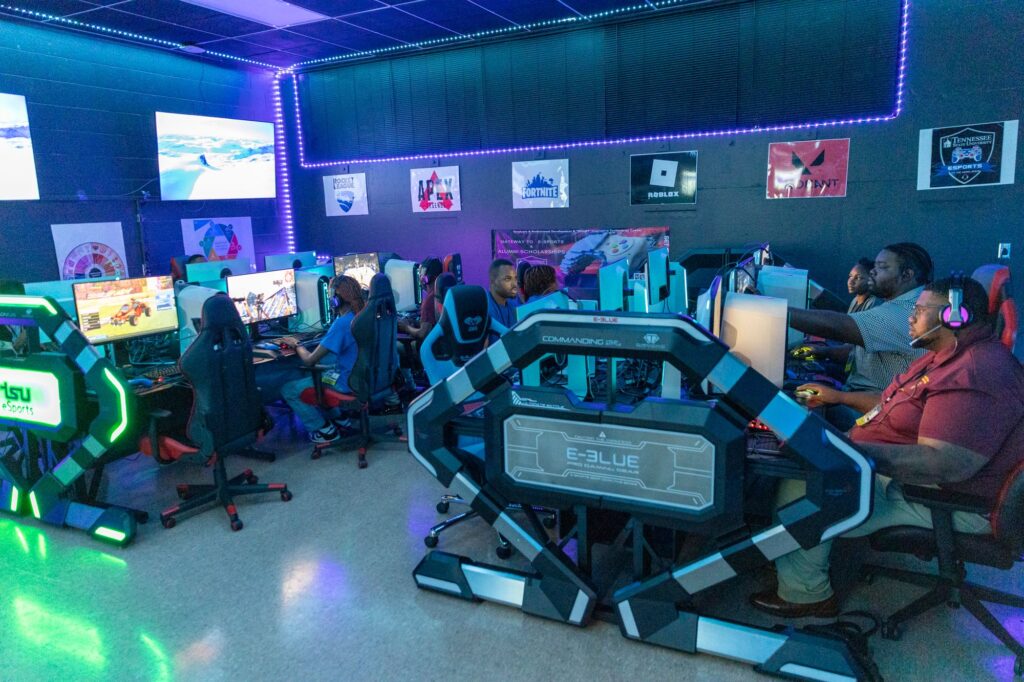
In addition to education, the TSU tech hub is focused on bridging the technology gap for Black and brown communities, having trained over 3,000 individuals across various education levels, including Pre-K to higher education. Through global outreach across twenty-six countries and specialized curricula, TSU aims to ensure underrepresented groups have access to the necessary skills and knowledge to thrive in a digital world.
When asked what the future holds for TSU and the burgeoning world of AI, Melton says the sky is the limit, with plans to expand the institution’s technology footprint. She envisions TSU building upon its reputation as Tennessee’s and HBCU’s innovation and technology leader.
“The future for TSU and AI involves serving as a national center for promoting ‘AI for ALL,’ emphasizing open access and open educational resources (OER), conducting applied research, and offering outreach programs. The TSU SMART Center is well-positioned to lead these innovations, focusing on creating AI systems that tailor learning experiences to individual needs.”
Melton sees TSU continuing its commitment to empowering underrepresented communities through partnerships with HBCUs and other minority-serving institutions. This vision positions TSU as a leader in fostering equitable technological progress and innovation. The university aims to revolutionize how students interact with information and develop skills. This forward-thinking approach will likely set new standards for AI-driven education.
Experience the TSU SMART AI Center by visiting https://ai-tnstatesmartcenter.org.
